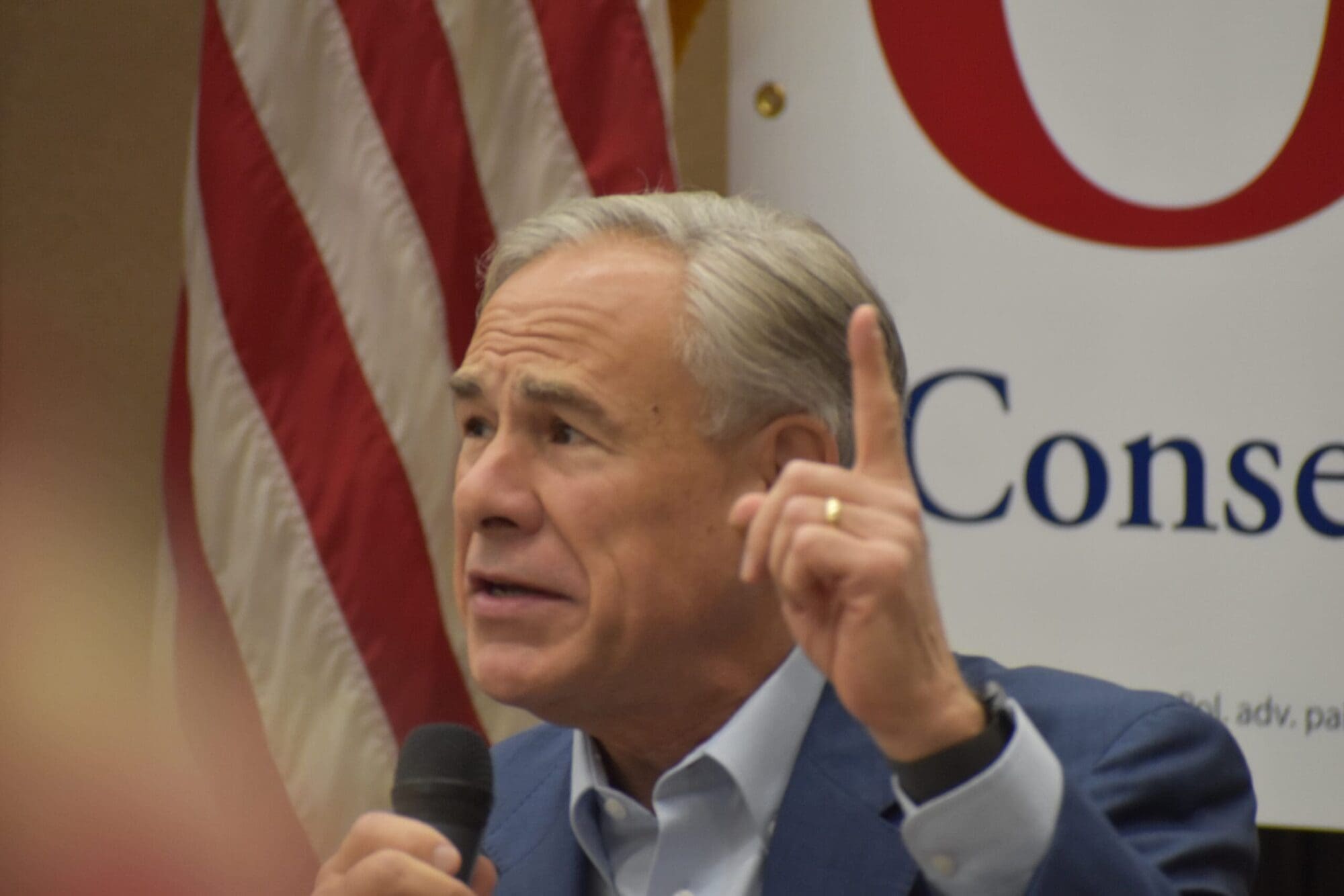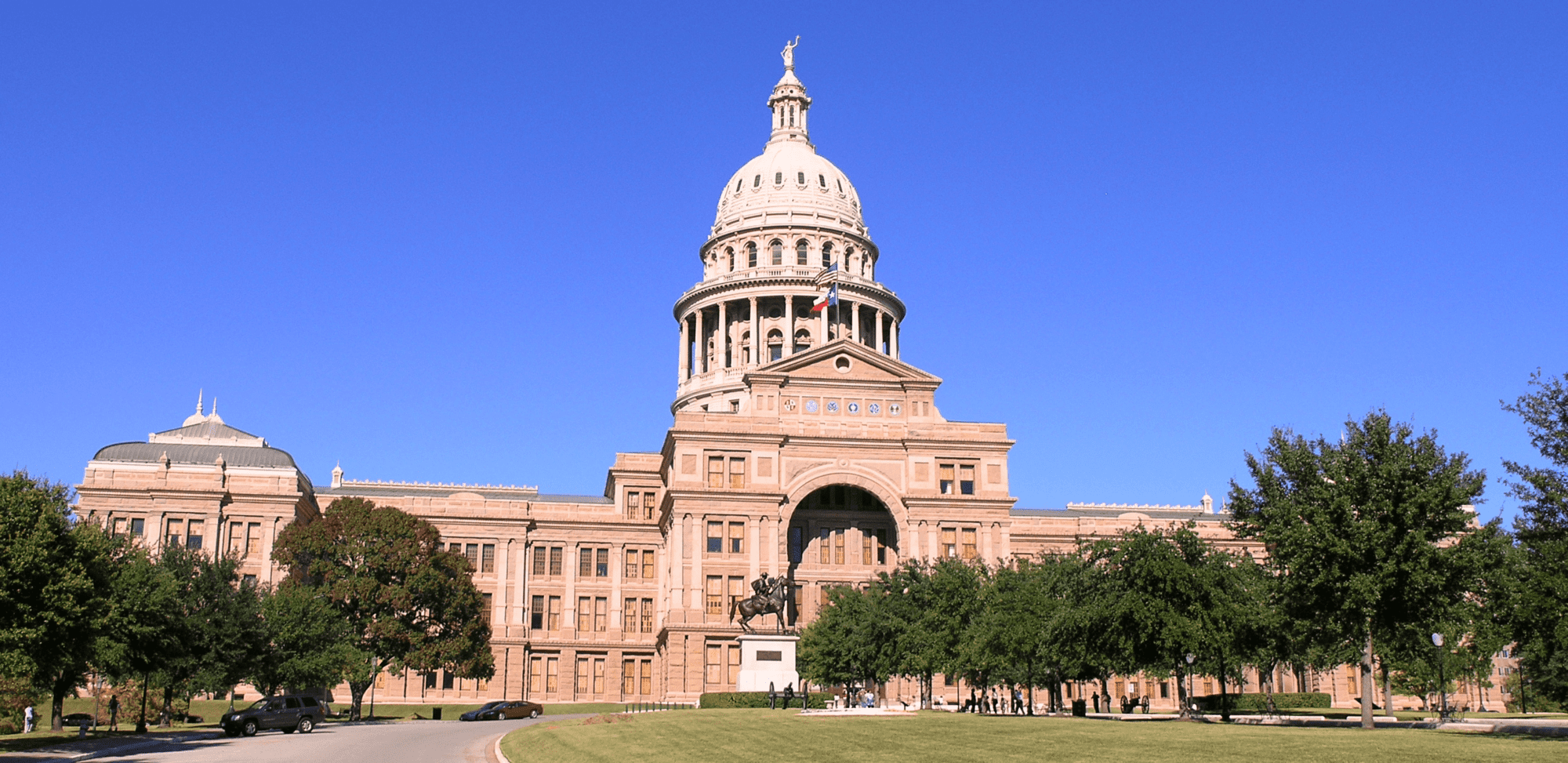Talking about the weather is usually the last refuge of polite conversation, but discussion about Texas’ economic climate is the starting point for budget talk in Austin. It’s not a question of is it raining, but what’s the best umbrella to use. So far, the legislature hasn’t done anything to justify tapping the state savings account.
The Economic Stabilization Fund, popularly the “rainy day fund,” was constitutionally created and secured in the late 1980s to keep Texas steady in turbulent economic times. The balance is approaching $9 billion.
Republican state representatives Jim Pitts of Waxahachie, chairman of the House Appropriations Committee, and San Angelo’s Drew Darby this week introduced legislation to spend $4.3 billion out of the fund in the current biennium.
Three-fifths of the legislature must agree before those funds can be accessed. Doing so right now would be unwise.
There’s little disagreement that the results of the national recession on the current budget (the 2009-2011 biennium) meet the design-threshold for tapping the fund, but that isn’t the issue. The question Texans must consider is whether or not this is an appropriate time to do so. In other words: how hard is it raining, and how long will the bad weather continue?
We’ve historically taken a cautious approach to using the rainy day fund; those dollars should only be expended in an emergency, or when there isn’t time to make cuts or take similar action. (Here’s what we were saying in February 2009.)
The Tea Party Caucus’ citizen advisors last week pushed strongly against any use of the rainy day fund. Likewise, budget expert Talmadge Heflin at the Texas Public Policy Foundation takes a very dim view of tapping the fund. Same goes for Gov. Rick Perry.
It might be acceptable, later in session, to use some rainy day fund dollars to pay for bills already incurred for this current biennium… but that’s only after everything possible has been cut to minimize the drain. That has not happened; it hasn’t even been discussed.
Indeed, the legislature has yet to enact current-budget spending cuts, maybe they don’t think it’s raining? The Arts Commission is still running, the state is still underwriting a Formula 1 race track, the Enterprise Fund and film subsidies are open, non-essential state employees haven’t been furloughed…
If it’s raining hard enough to tap the rainy day fund, the legislature should first make further cuts to non-essential programs and services. (So far, current-biennium cuts were asked of the agencies by the governor, lieutenant governor and House speaker.)
It doesn’t appear lawmakers have done enough to shield Texas from the rain by cutting current spending. Expending $4 billion from the rainy day fund today would certainly keep lawmakers from having to do responsible (if difficult) things, but providing a path for political expediency isn’t why the fund exists.
The Republican supermajority campaigned on fiscal responsibility, on limiting government, on strong budget action. Texas voters are anxious to see if campaign rhetoric will match legislative reality. Using the rainy day fund now politically punts the budget ball dangerously into the next session.
We must remember every dollar taken from the fund leaves Texas that much more exposed should the national economy dip again, or the state face a series of costly hurricanes. TPPF says the state will be in worse shape come 2013/2014, with Medicaid costs to require an additional $10 billion from taxpayers. Those liabilities must be considered.
We have a structural spending problem that can be fixed only with spending restraint, not with new revenues or by raiding the state’s piggy bank.
It may be raining today, but the forecast calls for flooding tomorrow. That’s why the rainy day fund should only be tapped for the current biennium after every effort has been made to squeeze out all possible savings. Doing anything else would be reckless and irresponsible.




